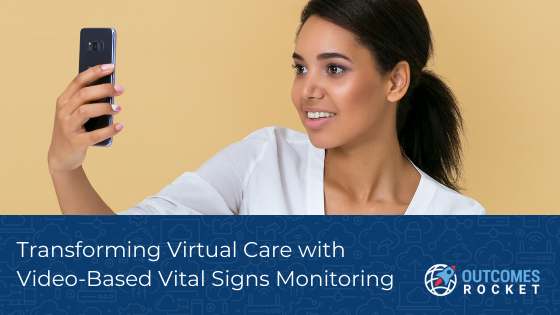
Improved patient engagement, expanded access to care, increased clinical workflow and efficiency, lower patient cost — these are just some of the many advantages of telemedicine.
Despite its long list of advantages, it clearly has some restrictions which caused the slow adoption of the U.S. healthcare system. One such restriction is the lack of equipment. Telehealth runs on software and hardware which can be costly, both for the medical provider and the patient.
How transformative would it be to utilize an already existing technology and maximize its use for healthcare? That’s the idea presented by David Maman in our recent podcast interview.
David is the CEO and founder of Binah.ai, a provider of ready-to-use AI-powered apps in health and wellness. Its latest release is a video-based vital sign monitoring application, transforming any device with a camera into a medical-grade monitoring solution.
The video-based app can monitor the heart rate variability, determine the oxygen and respiration rate, and check the stress level and blood pressure all within seconds via video of a person’s face. This solution runs on the device itself and does not require Internet connectivity.
David claims it is the only app-based solution that can extract vital signs out of the person at the other end of a video. He explained that he and his team embedded a remarkably interesting combination of signal processing which can extract the signal out of a specific flow of data, which is a video in this case.
When a patient is brought into a medical facility, he will be asked several questions to help the nurse or doctor know more about his condition, and then checked. This takes time which can be crucial depending on the patient’s condition. With the app Binah developed, health providers, can extract vital data within seconds through video capture.
According to David, their app is in process with four different entities for approval. He believes that they will be approved this year. In the meantime, their app is called a monitoring solution.
We all look forward to the time that this app is approved. It holds tremendous opportunities for remote health.
Healthcare innovations tend to address a specific stakeholder. Binah’s video-based app benefits all, from patients to insurance companies.
For patients, it does not cost anything. They can use any gadget with a camera. They can also access it anywhere. And it does not take up time. A less-than-a-minute video can help determine the patient’s vitals.
For medical professionals, having an on-hand medical-grade monitoring solution makes delivering health more efficient and effective.
If you’re a payer, this app is more efficient and less costly to administer.
In this time of the Covid19 pandemic, having a solution that offers an alternative way to check your health without adding stress to the already packed public healthcare system is incredibly helpful.
Providing a More Relevant and Efficient Customer Experience
The government’s mandate to stay-at-home and practice social distancing has forced U.S. healthcare to embrace remote care. According to a CNBC report on April 4, there has been a dramatic increase in the number of patients using telehealth. With the government’s strong urge to avoid in-person visits and instead use telehealth, the number of users surged to 50%. Telemedicine providers report a spike in video requests to more than 15,000 per day.
Binah.ai’s revolutionary app could take things one step further. The convenience of using a video-based app that works remotely is highly appealing and promises to put telemedicine on almost the same foot as in-office visits.
For more of my conversation with David, please visit
According to the 2020 Centers for Disease Control and Prevention report, roughly 34.2 million Americans have diabetes,...
Read MoreAs a farmer, Rod was used to long days. He worked 18 hours a day, 7 days...
Read MoreWith investors receiving hundreds of pitch decks every year, how do you create a compelling presentation that...
Read More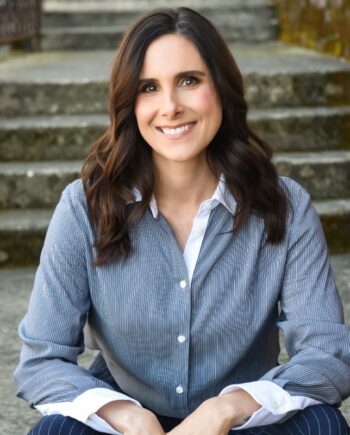
Brittany Busse Co-Founder, President, and Chief Medical Officer at
ViTelHealth
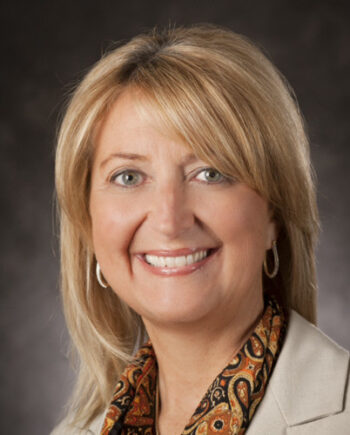
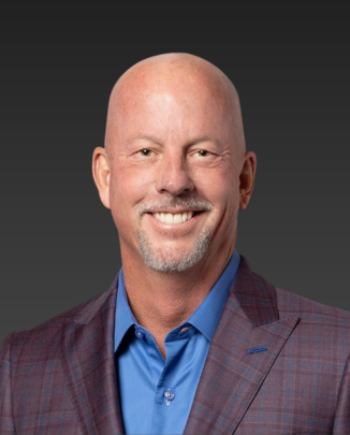
Stephen Thorne Founder and CEO at
Pacific Dental Services
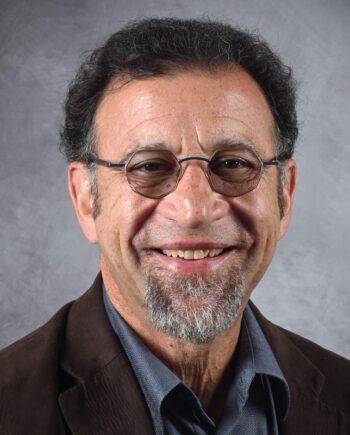
Keith Carlson Nurse Career Coach